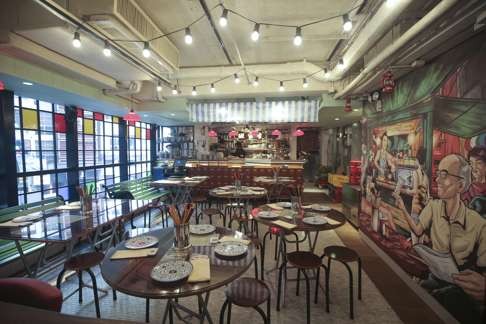
Why retro dining is getting a boost in modern Hong Kong
Some Hong Kong restaurants are taking advantage of the powerful draw of nostalgia, with retro-themed decor and modernised dishes from the past
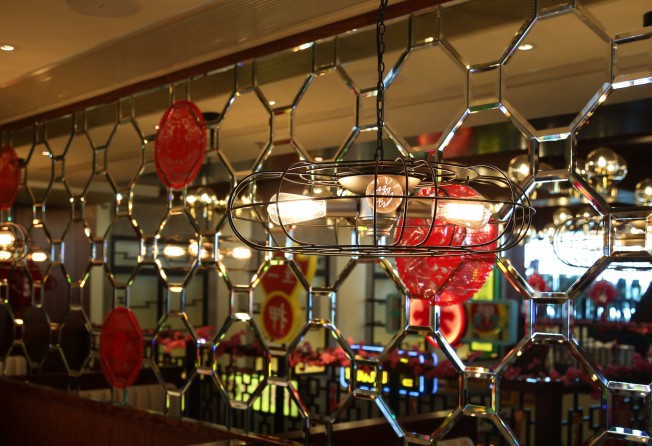
If you wander along Wellington Street in Central, the evidence is clear. Loyal Dining has rebranded local favourites in an upmarket cha chaan teng. Chinese vegetarian spot Kasa’s lime green décor mimics the look of a tong lau (tenement building). Even venerable Mak’s Noodle has been renovated recently, not to look more modern, but a move towards vintage chic.
The economy is a mess, housing is utterly unaffordable, and politics are dividing the city. No wonder we’re sick of the uncertain present and pine for an escape into gastro-reminiscence.

Lee was a protégé of Harlan Goldstein – the chef who was originally lined up to take care of the food and beverage outlets in the building. Lee took over after Goldstein’s abrupt departure, and with Lee Lo Mei, created a place loaded with retro Hong Kong motifs and trinkets, while serving modern Hong Kong street food.
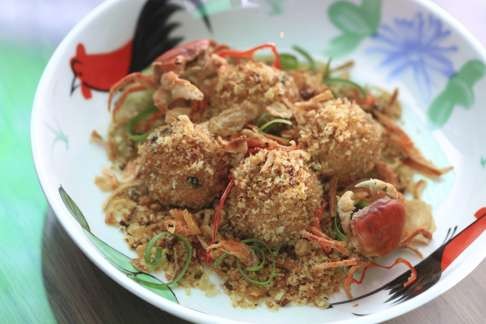
Like its cheeky name, Lee Lo Mei – which literally means “Lee’s Good Food” but also sounds like very rude Canto-slang about one’s mother – is about capturing the spirit of a bygone era but not slavishly recreating the past.
“If I just did pure local food, people won’t come here. You would go to Jordan or Mong Kok for more traditional flavours for a lot less money. And if we did pure fusion, I don’t think it would be as interesting for customers, either. So, what we try is to keep the essence of Hong Kong in a new refined menu.”
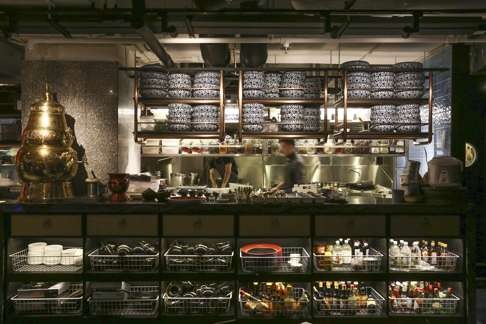
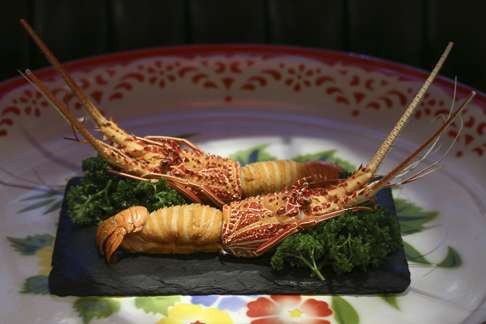
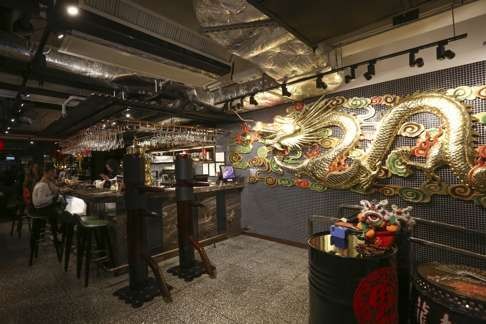
Hence, lobster (dragon) noodles. However, everything else here is faithful to Hong Kong culture, identity and kung fu films.
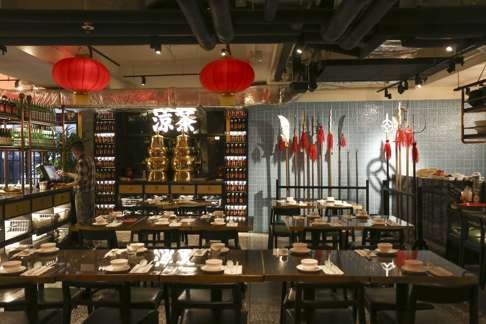
“Retro has come full circle. I am not a post-90s millennial. I grew up with this stuff, so this makes sense to me, and it lets people explore a lot of their sweet memories too.”
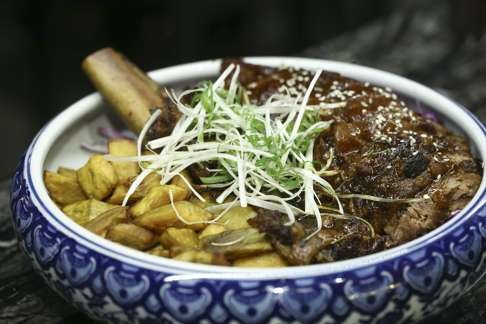
Of course, if you want unadulterated old-school food, diners could just go to places like Tai Ping Koon and Mido Café.
But nostalgia is about recalling memories subconsciously photoshopped to be better than the real history.
It’s why the Starbucks on Duddell Street, designed by GOD’s Douglas Young, is preferred over a real bing sutt (ice house). And why overseas visitors dine at the stylised Sino-posh of China Tang rather than the honest Cantonese of Lin Heung and its bad-tempered waiters.
Even in the edgiest of modernist Chinese cuisine, sentimentalism is an enticing ingredient. Alvin Leung’s new Bo Innovation is filled with homages to the chef’s memories of Hong Kong culture. The Demon Chef changed the restaurant name to Bo Innovation: The Hong Kong Story.
“It’s very personal and from my distinct perspective. It’s about what I have seen and known of Hong Kong from when I arrived as a kid to now,” says Leung.
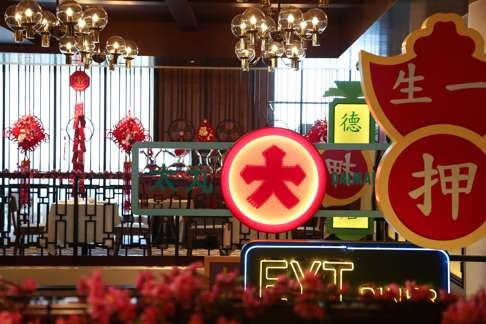
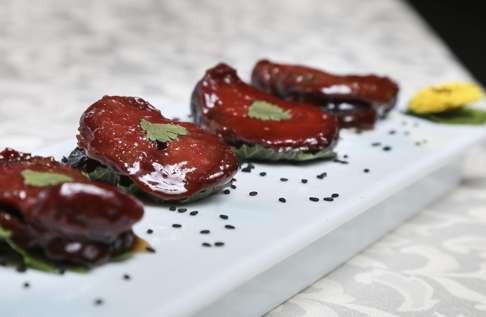
“I think a lot of Hong Kong people miss this old culture,” says Epicurean Group executive Sheila Chan. “I think it also gives the new generation a chance to experience old Hong Kong food. I talked to some younger guests and they have no idea even of the 1970s Canto-pop music we play, and sometimes even their parents have never tried the food.
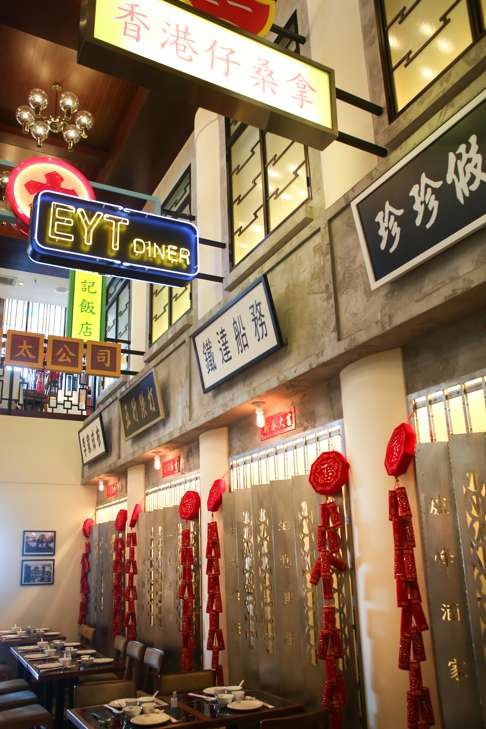
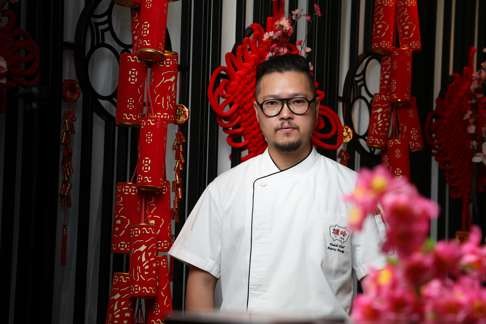
In the end, the move towards nostalgia is less about preserving history than a need to connect and build identity. Change and uncertainty can be scary, but there’s a sense of comfort and familiarity in these retro restaurants.
As Lee says, “A dish can conjure up so many memories. It’s about bringing people back to a happier time, a more relaxed state of mind, and more free and easy past.”
Lu Feng
Shop 3A-B, Level 2 & 3, The Peak Tower, The Peak, tel: 2886 8680
Lee Lo Mei
8 Lyndhurst Terrace, Central, tel: 2896 7688
Bo Innovation: The Hong Kong Story
Shop 8, 1/F, J Senses, 60 Johnston Road, Wan Chai, tel: 2850 8371
Loyal Dining
66 Wellington Street, Central, tel: 3125 3000
Dragon Noodles Academy
Shop G04, Man Yee Building, 68 Des Voeux Road Central, tel: 2561 6688